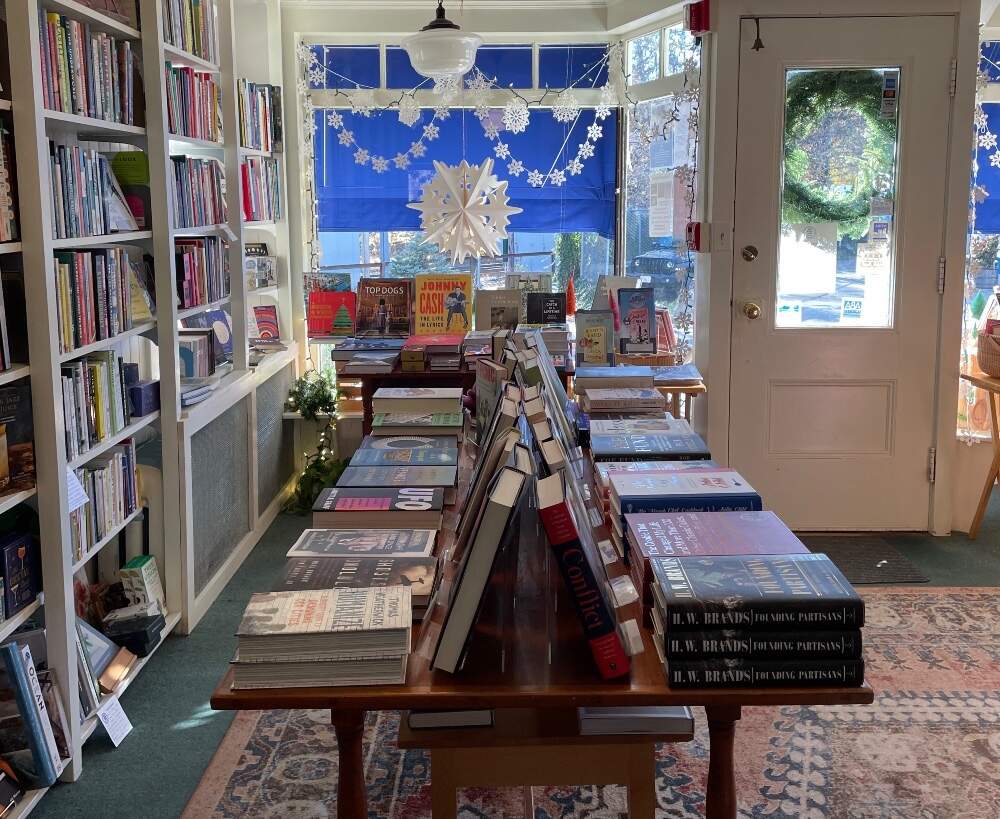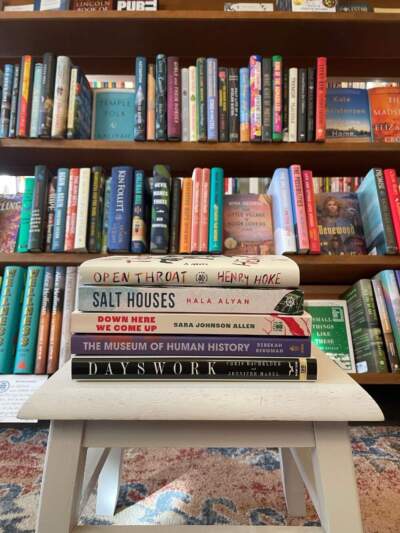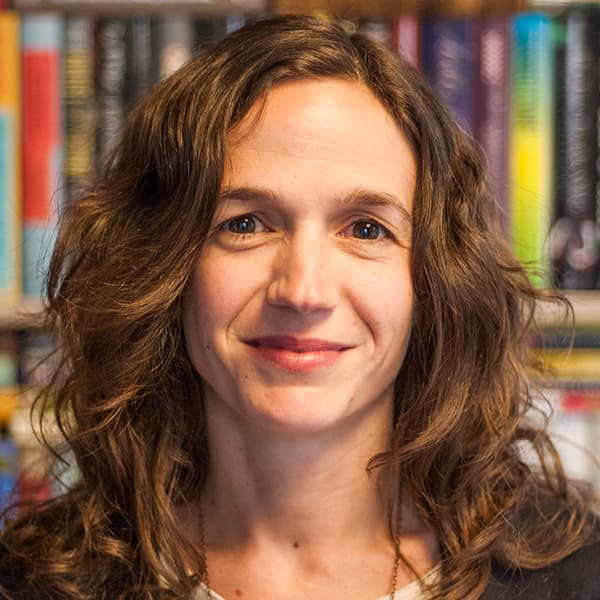Advertisement
Commentary
Best-of lists are great, ‘but have you heard about this?’

As a bookseller, each season I meet with sales reps representing dozens of publishers and thousands of books. I constantly read book reviews, stay immersed in book social media and pay attention to what fellow booksellers at stores around the country are reading and selling. So when media outlets publish best-of-the-year lists that contain titles I’ve never heard of, I feel a mixture of outrage and befuddlement. I think, How could I have missed these books?
Part of what can make a book seem so good, however, is a feeling of discovery, of surprise. When we find words put together in a particular way that speak to some essence of who we are and leave us wondering, “How have I never heard about this book?” This is followed by the desire to share the discovery with the world. There’s some hubris involved, sure, that shot of dopamine when someone thanks me for introducing them to a new author, but, thankfully, as a co-owner of the Book Shop of Beverly Farms, that’s actually my job.
I felt that way about “The Rachel Incident” by Caroline O’Donoghue. As it made its way into the world in late June of this year, I kept waiting for people to start talking about it. How charming! How funny! How deftly O’Donoghue plotted one summer in Ireland, with beautifully flawed characters performing actions that would have consequences — cringe-worthy, heartbreaking consequences that rang all too true of the things people do for a first love.

I look back and see now the book was reviewed in People, The New York Times, The Washington Post and many others, and yet none of it seemed to penetrate the public consciousness, at least in my neck of the woods. I pushed this book into many people’s hands, but it wasn’t until months later that the feedback came through: “I finally read this; I loved it.” I was reminded that sometimes it takes a long time to read a book. Some books’ successes are a slow burn. I expect many more readers to discover this one in 2024.
Sometimes books have a slow burn because their moment comes years after they’ve been published. “Salt Houses” by Hala Alyan has been flying off of our shelves lately for the worst of reasons: war. As one of our booksellers, Sarah, has been telling anyone who’ll listen, the book follows three generations of a Palestinian family uprooted by the Six-Day War of 1967. I fell in love with this book when it was first published in 2018, but Sarah reminded me how gorgeous it is and why everyone should be reading it.
Some of us read fiction to understand history. Sarah loves telling people how the novel follows different family members from 1967-2014, all the while providing huge insights into the impact of historical events on their choices and lives. The characters are deeply connected to each other, compelling and recognizable. I remember her telling me, “I was sad to reach the end of their story.”
When we find words put together in a particular way that speak to some essence of who we are and leave us wondering, “How have I never heard about this book?”
Of course, brick-and-mortar bookstores cater to their environs. Sometimes that means a book catches on because of its local setting; sometimes it means reading books by authors who live nearby.
Sara Johnson Allen’s kid takes cello lessons with mine, so it was a delight to fall in love with her book and be able to recommend it to everyone on the North Shore of Massachusetts. “Down Here We Come Up,” Allen’s debut novel, tells the story of Kate, who has been living in Cambridge for eight years, estranged from her con-artist mother in North Carolina. When her mom calls her down for one last gambit, we see Kate pulled between the two places — having to choose between the moneyed North and the working class South, between her college professor boyfriend and her works-with-his-hands old flame. I couldn't stop turning the pages.
In a year in which the world came back from the pandemic at full-tilt, two novels captured my attention for their concise but incisive language. “Dayswork,” by the husband-and-wife team Chris Bachelder and Jennifer Habel, doubled as the weirdest Melville biography I’d ever encountered. A woman is writing a book about Melville, and the tiny details of his life — of his relationship with Hawthorne, and of the writing of Moby-Dick — are juxtaposed against her marriage and her family life in lockdown during the Covid-19 pandemic. It was surprising and revelatory and the perfect read for all lovers of literature.

“Open Throat” by Henry Hoke, while also concise and weird and wonderful, is otherwise very different. A queer mountain lion narrates (yes, really), and his life in the hills above Los Angeles allows Hoke to take aim at human folly — commenting on everything from climate change to our addiction to technology and increasing inability to connect. The mountain lion in this book is lonely. And hungry. Terribly misunderstood. Actually, maybe it’s not so different from “Dayswork” after all.
When I asked Sam, my business partner who also happens to be my brother, about his favorite books of 2023, he had similar reasons for loving “The Museum of Human History,” the debut novel from Rhode Island author Rebekah Bergman. When he compared her to Emily St. John Mandel, David Mitchell, and Kazuo Ishiguro for creating a fantastical alternate reality that somehow manages to shine a light on very real issues of human understanding and contemporary society, I knew he was smitten. Why do we feel pain? Why do we fear aging and death? What responsibility do we have to our ancestors and those who will come after us? This is the kind of smart and slippery book that gets a brain firing.
For the record, I loved Ann Patchett’s “Tom Lake” this year, too, and “Absolution” by Alice McDermott, “I Have Some Questions for You” by Rebecca Makkai, “Happy Place” by Emily Henry, “Rough Sleepers” by Tracy Kidder, “Yellowface” by R. F. Kuang, “The Unmaking of June Farrow” by Adrienne Young, and “The Art Thief” by Michael Finkel. But all of these books graced the bestseller lists this year, and I suspect many readers have stumbled upon them already.
At the end of the year, it is the smart and the strange, the weird and the wonderful, that stick with me, that keep me hunting for the next discovery, something I can press into someone’s hands and say, “But have you heard about this?”
